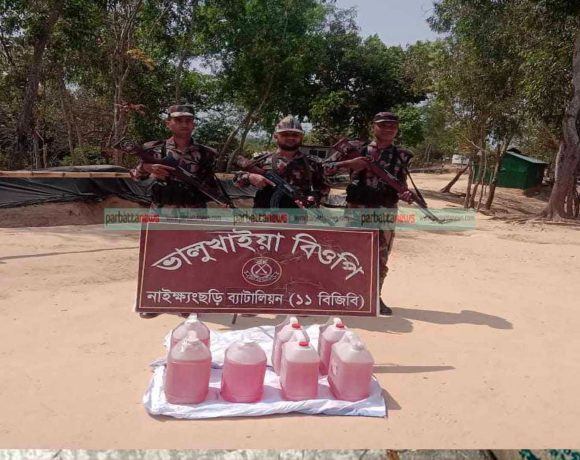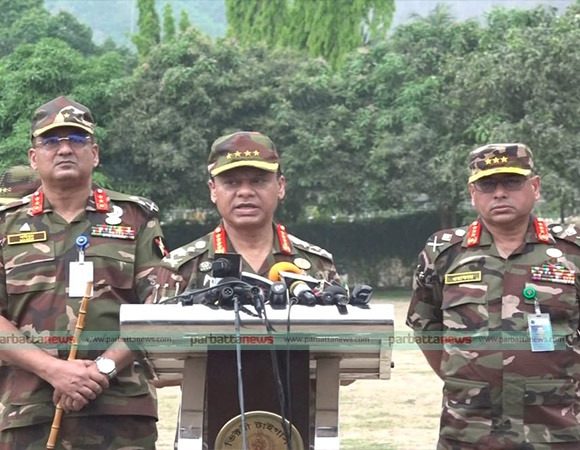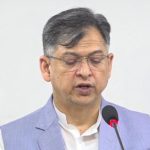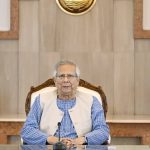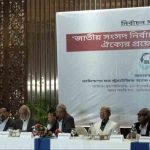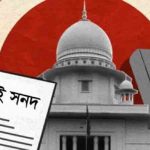Khudro Nri-gosthi Institutes to be renamed, says Cultural Adviser
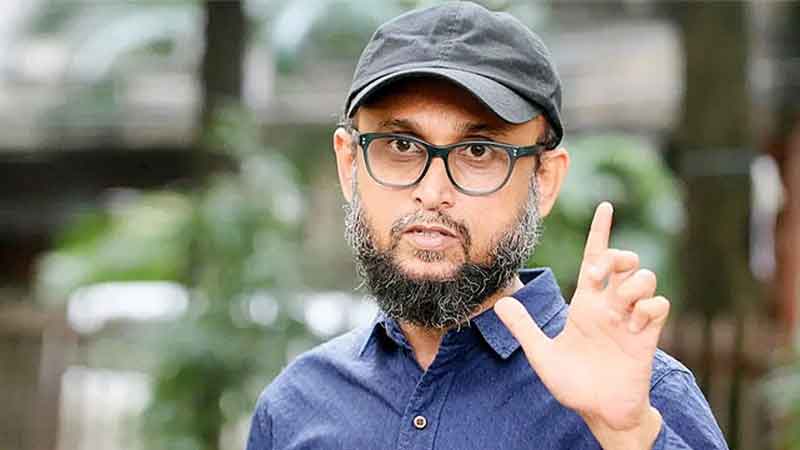
STAFF REPORTER
The government has decided to rename seven cultural institutions across Bangladesh—currently operating under different titles—with the aim of preserving and promoting the cultural heritage of the country’s khudro nri-gosthi (small ethnic groups). The new unified name will be Jati Boichitro Institute (Institute of Ethnic Diversity).
The decision was confirmed by Mostofa Sarwar Farooki, Adviser to the Ministry of Cultural Affairs, following a recent inter-ministerial meeting held at the ministry.
According to ministry sources, the meeting took place on 23 June in the conference room of the Ministry of Cultural Affairs. The agenda was to revise the Khudro Nri-gosthir Sangskritik Pratisthan Ain, 2010 (Small Ethnic Group Cultural Institutions Act, 2010) and draft a new ordinance titled “Nri-Boichitro / Jati Boichitro Sangskritik Pratisthan Ordinance, 2025 (Proposed)”.
The meeting was chaired by Md. Mofidur Rahman, Secretary of the ministry, and attended by Mostofa Sarwar Farooki, Cultural Affairs Adviser, and Supradip Chakma, Adviser to the Ministry of Chittagong Hill Tracts Affairs, along with representatives from other ministries.
Farooki said he had spoken with members of various khudro nri-gosthi (small ethnic groups) during cultural events, many of whom had expressed the desire to change the existing institutional names. Based on these consultations, the name Jati Boichitro Institute (Institute of Ethnic Diversity) was proposed, and relevant amendments will be pursued.
The meeting also addressed proposed changes to Section 7c of the law. The current clause states that the government shall appoint six local individuals interested in art, literature, and cultural development, of whom at least four must be from ethnic communities.
The revised proposal recommends that all six representatives be selected from nri-gosthi (ethnic communities), thereby removing the provision that allowed for two members from outside those groups. This change would eliminate the possibility of non-ethnic individuals holding these positions.
According to meeting sources, Adviser Supradip Chakma strongly advocated for formal recognition of nri-gosthi (ethnic groups) as Adivasi (indigenous peoples). In his remarks, he stated:
“In 1947, the Bengali population in the hill tracts was around 3%. By 1971, it had increased to 22%, whereas in 1900, it was nearly zero. We seek the term Adivasi solely for purposes of identification; we have no other agenda.”
He added: “We, the hill people, want to live together with Bengalis. Without them, our development is not possible. We want to be partners in the progress of Bangladesh. Because of the Bengali people, I, Supradip Chakma, had the opportunity to represent Bangladesh in different countries through the Ministry of Foreign Affairs. Therefore, we seek coexistence and unity.”
Asked to comment, Barrister Anwar Hossain, Director of Bangladesh Professionals, said that while replacing the term khudro nri-gosthi (small ethnic group) with nri-boichitro or jati boichitro (ethnic diversity) appears inclusive on the surface, it may strategically pave the way for future demands for Adivasi (indigenous) recognition—something that contradicts Article 6(2) of the Constitution of Bangladesh.
He also warned that amending Section 7c to make all six representatives from nri-gosthi (ethnic communities) could lead to institutional dominance by a single group, and reduce Bangali (Bengali) representation in the management of cultural institutions in the hill tracts.
“Although Supradip Chakma’s speech acknowledged national coexistence and the role of the Bengali community, advocating for the term Adivasi under the guise of identity could fuel ethnic politics in the future,” said Barrister Hossain.
“This reflects a dual message—one promoting harmony, and another indicating long-term political motives. Moreover, adopting a stance contrary to the Constitution while under oath to protect it could be seen as a breach of constitutional responsibility,” he added.

